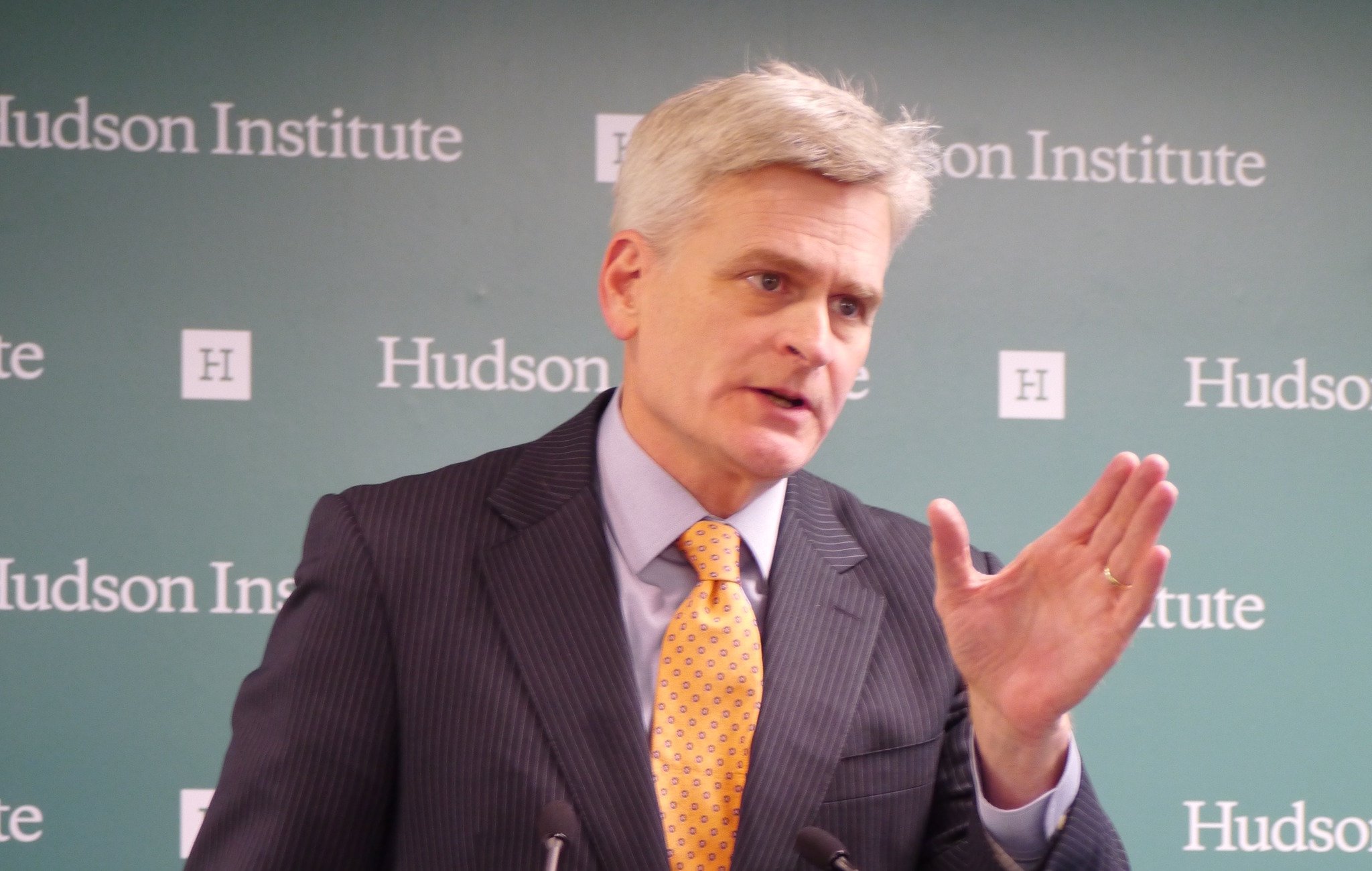Regulation
|
Investors are Not to Blame for the Priciest Housing in History
“As of Q1 2024, investor purchases are below levels experienced seven years ago. As it turns out, rising interest rates impact the ability of investors to deploy capital profitably, just as this environment makes it difficult for families to acquire a home.” ~Joel Griffith
|
A Tale of Two States: Idaho and California
“People have continued to move away from California and to Idaho, but the main drivers have probably been less the affordability of housing and more the higher quality of life and better economic opportunities in general.” ~Jason Sorens
|
Coolidge’s Silent Recipe for Success: Less Federal Government
“Politicians in 2024, however, embrace a very different principle: the necessity of government intervention in private affairs. Regardless of the party or the candidates, the automatic answer seems to be bigger and, most worryingly, more invasive government.” ~Luis Carlos Araujo Quintero
|
Sen. Cassidy Sounds Alarm on Union Policies Crushing the Free Market
“What’s good for Big Labor is often quite inconsistent with what’s good for small businesses and their workers. From labor laws to healthcare costs, these Biden initiatives could impose heavy financial burdens and reduce the operational flexibility that America’s entrepreneurs’ owners rely upon for survival.” ~ Thomas Stratmann
|
Money First, People Last?
“Higher corporate tax rates will bring about exactly what people like Senator Hawley fear: the control of the market in the hands of a few key players by means of force.” ~Thomas Savidge
|
The End of Restaurants as We Know Them?
“If accelerating US unemployment registers the impact of contractionary monetary policy measures on the broader economy, the current difficulties faced by the restaurant sector are likely to escalate.” ~Peter C. Earle
|
Lessons from the European Legislative Elections
“The prospects for market liberalization in the EU aren’t good. We can expect more business as usual, if with some important marginal cuts (notably on the EU’s aggressive and expensive environmental agenda).” ~Nikolai Wenzel
|
ESG: A Gordian Knot of the Highest Order
“Thanks to a complex web of CSR initiatives, aid and development programs, progressive intergovernmental agencies, and the do-good posturing of political elites, businesses will further be ensnarled to ESG.” ~Kimberlee Josephson
|
Freedom and a Funeral for Chevron Deference
“Overturning Chevron should encourage lower courts to police agency assertions of power more closely, but it will not constrain the administrative state so long as Congress persists in enacting broad, poorly written statutes.” ~Jonathan H. Adler
|
A Former Prime Minister Reveals Why the UK’s Blob Must be Destroyed
“The American edition of her memoir is a warning Liz Truss extends to Americans — don’t let the administrative state get out of control and do your level best to reduce the powers it already has.” ~Iain Murray
|
Who Loves Minimum Wage Laws? Kiosk Makers
“Minimum wages and workplace regulations protect some people, alright, but not the workers. Instead, these rules protect anyone who provides a substitute for the labor that workers bring to the table.” ~Art Carden
|
The Free-Market Tories Britain Needed
“Raising economic growth prospects through policy is difficult. But Britain is now so far behind the United States and the technological frontier, that removing self-imposed barriers to growth could have delivered a meaningful boost to the country’s GDP level.” ~Ryan Bourne











